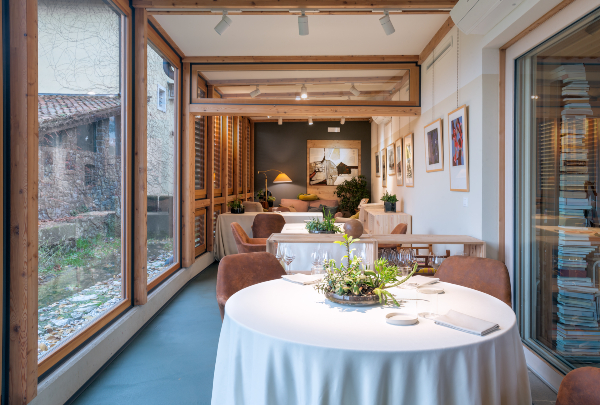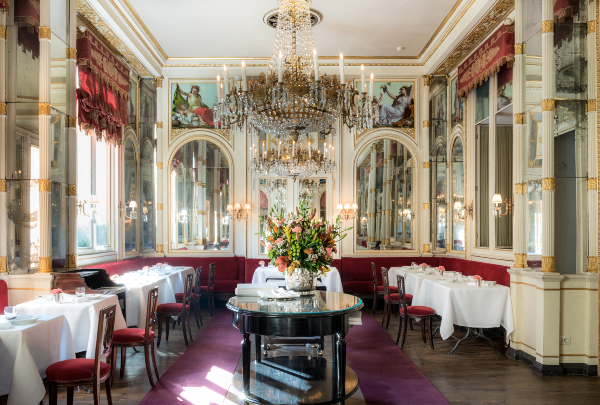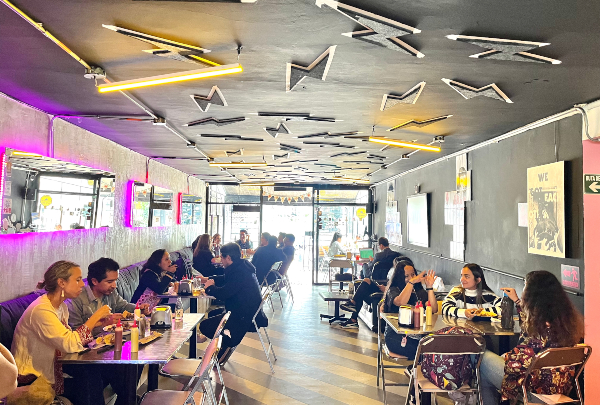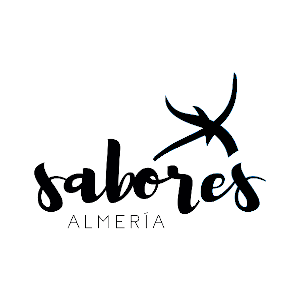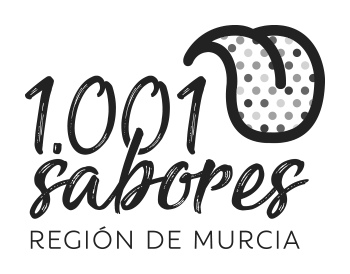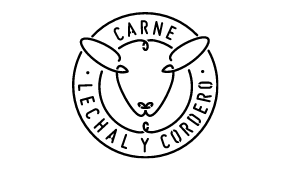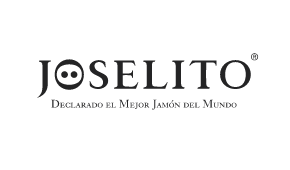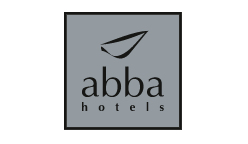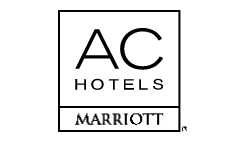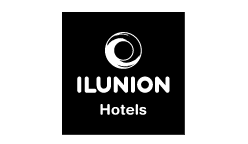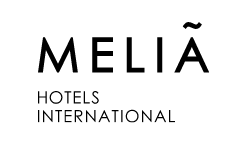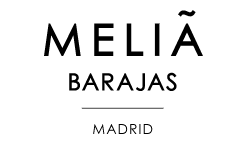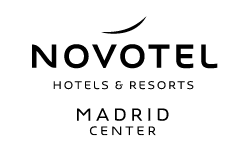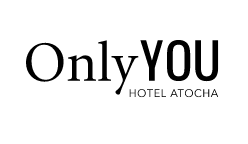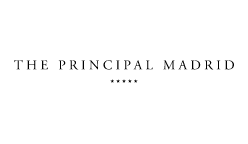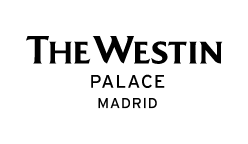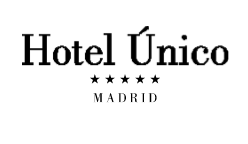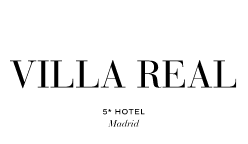Interview
Luis Alberto Lera: “The more projects come my way, the more I plan to do nothing”
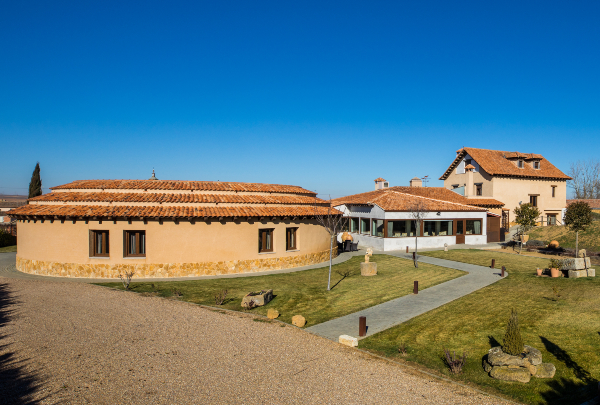
Ahead of his talk at Madrid Fusión, we had a chat with this disciple of Luis Irizar, and also a keen hunter, to vary his restaurant opening times and also to give free rein to his passion.
This is one of the country's best loved chefs. Heading up the Lera restaurant - which moved on from Mesón El Labrador, set up by his parents in 1973 - Luis Alberto Lera (Zamora, 1977) earned himself a star and "the warmth of the sector" at the last round of the Michelin awards. Ahead of his talk at Madrid Fusión, we had a chat with this disciple of Luis Irizar, and also a keen hunter, to vary his restaurant opening times and also to give free rein to his passion.
Lera discusses his career and "madnesses", he touches on projects and egoism, and Instagram, and even how he likes to eat hare. “Game has enough strength as a stew or as a demi-glace reduction”. No one can touch him on the subject of hunting. Or on his passion for the land, and his keenness to retrieve traditional recipes and save them from "certain death". Is this such a necessary endeavour? “I don't know about the rest of the world. But it is for me”. Luis Alberto Lera.
It was December last year, but they must still be congratulating you. At long last you got your Michelin star, and you got it along with one of the evening's loudest rounds of applause, if not the loudest. Was it about time?
I'm overjoyed, obviously, with the star, and with everything that's coming in because of it. At Lera, of course, we've never worked for awards, but the star has been very well received. Apart from the actual star, what I took away from the event was the warmth of the sector, from my colleagues. That ovation floored me. The love of my colleagues is so beautiful.
You're much appreciated across the entire sector …
Yes. That's true, and I have to be grateful for that. I feel the warmth. You can well imagine now, but even before the star the bookings were already going very well indeed. 2019 was a very good year, 2020 tailed off a little, of course, but 2021 was tremendous. Before the Michelin star (December), I had bookings up to May. That's been extended since the star. It's fantastic.
I'd like to talk to you about your opening times. Rather strange.
We close on Tuesday evening, Wednesday all day, and at noon on Thursday. There's a reason for that. I needed one official hunting day between our two closing days, because I go hunting. And the hunting days are Thursday and Sunday. And it couldn't be Sunday.
What kind of customer do you have for lunch at a restaurant way out on the Castilla steppe, 90 kilometres from any large town?
Yesterday (Monday) I had a few tables of people from the catering sector.
All right, Monday, it's a sector thing ... How about lunch time on Tuesday?
Well, there are customers who drop by on the way to Madrid or Asturias, and they stop for lunch. And companies, too. But I'm now getting more people who make the journey to go and eat, and they keep a few days free.
And in the evenings during the week?
Almost everyone who has dinner there spends the night at the hotel.
Good business for the hotel.
That's why we can do those dinners. Because there's nothing to see around there ....
But the hotel was there before the restaurant.
The hotel is a project which was started by my parents, and I took over when I came back from Toro. Then the crisis kicked in, and it was madness. I finally finished it in 2009, and operated it along with the Mesón. To tell you the truth, the hotel never worked out. At first we didn't care about the way we do now. Then I came up with the Lera idea, and they all jumped on me. Said I was mad. A restaurant and a hotel in a Godforsaken part of Spain? Six years later, here we are.
The time to carry out projects that make a difference
You mention Toro. That's where the Lera project started ...
I opened Lera in Toro in 2004, and I had four tough years, during which I learned a lot. I was 25, I was young, but it stood me in good stead to find out what this job is like from the business point of view, and most especially to map out my culinary path. I started out with fine delicious cooking, but much more commercial than what I do now.
Go on.
I realised I had many influences, but because I was going to Castroverde a lot, back to my family home, I never lost those roots. Traditional cookery has always been in my head. And in the end I focused on that.
With Lera. A huge challenge. Traditional cuisine tweaked on the Castilla steppe.
They said I was mad. And I really was, because it was a daring move, but it also has a touch of authenticity, something different. It's time for us to carry out projects that are something different. If we all set up restaurants in Madrid, popular traditional cookery is going to disappear. And there's a bit of egoism in it too. This is where I'm from, and I wanted to live here. I have some pastimes which are so rural, such as hunting or riding horses ... My roots are definitely here. I don't think I'm speaking out for anything, but if you can give a bit of life to your own land, then so much the better.
Would a Lera make any sense outside Castroverde?
No. Another Luis Alberto Lera project outside Castroverde would make sense, but a Lera restaurant wouldn't. It wouldn't make sense, and I wouldn't suggest it. My cooking can be understood when it's eaten here. When you're a chef and you've mastered the technique, you can cook wherever you like. But with my produce, because sometimes I get two doves and sometimes I get three hares, I can do it because I'm here.
Something tells me there are new projects ahead ...
Projects come up, but the more projects come my way, the more I plan to do nothing. If I learned anything during the pandemic, it was to appreciate what I have, where I live, and what I do, and to appreciate necessities. Sometimes my curiosity piques me to do other things, but I like kitchens and cooking, and I can only concentrate on one thing at the same time. It's a personal viewpoint. I'm fascinated by colleagues who start up businesses and keep them running perfectly. All I have for that is admiration.
Talking about colleagues' restaurants ... Ángel León said his restaurant was a loss-maker recently on a TV programme ...
My mindset doesn't see how a business can make a loss. But I can understand it in the case of Aponiente because of all the work he's doing, which we all benefit from too. Aponiente, like Mugaritz or Disfrutar, to name just a few, ought to be subsidised businesses. Their work helps us all.
A Quixote tilting at real windmills
What is Lera?
The only thing that concerns me and has concerned me is that anyone who comes here should eat well, and know that they've been eating in Tierra de Campos. Now Lera cookery might be more bent on seeking something, but essentiality, not creativity. How the food the land gives us can be improved. I'm also concerned by another search, the search for popular cuisine, my ancestors' cuisine, which is dying out because nobody's doing it any more. And some vaguely state-of-the-art techniques emerge in that kind of search, traditional techniques ... and we're shaping that here. Yesterday, for example, we tried to make an ethereal milk fritter, because I'm looking for a new texture in that traditional recipe. It didn't work out, and we had to throw it all away. It doesn't matter. We'll continue our search.
You have a nice business, but maybe people don't want to eat traditional food any more. They might not want milk fritters any more. Is what you're doing necessary?
I don't know about the rest of the world. But it is for me. I don't do anything for people to applaud me. But I think I have a duty to do that. Life has put me here, and luckily or unluckily, I'm a bit of a loudspeaker. So I have the moral obligation to do something for my native land, because it's dying.
In late 2019 you were at the first Terrae event, which is being organised again this year by Vocento to "raise voices in defence of rural environments as generators of life and wealth”. To quote you at the event, you said "if the roles to cook local produce don't become more flexible, rural business is doomed”. So how are we doing there?
Just the same as before. By the way, I'd like to thank Vocento and Benjamín Lana for creating a small congress for us to set out our problems and talk about villages. All businesses have problems, but because there are fewer of us in the villages, fewer people listen to us. Here everything is still the way it was. We still need to have produce from the land available. We need flexibility because if not, and I'll say it again, there's no point to our restaurants here. It's common sense.
The other day somebody or other was asking me whether I did market cuisine here in Lera. And I asked him: What market do you mean? And he just said again, "No, market cuisine". Look, here all we have is a small market where we buy socks, fruit, vegetables, jackets etc. There isn't any market. There aren't any people here any more. We have to get our produce from big-game and small-game suppliers, and then there are other things (free-range eggs, herbs etc.) where you have to use your common sense and we all have to act responsibly to get it right.
I think I read that there are more entrepreneurs these days interested in pigeons and dovecotes, to breathe new life into the rural environment. Is that true?
Sometimes I believe it is. But I'm not so sure. We've set up a cooperative and reopened an abattoir, and we've already done some slaughtering there, but we're having a hard time finding young partners and employees to run it. People don't believe in it.
During the pandemic, you went into business again with a packaged pigeon scheme with the Cascajares company. How's that going?
We're still doing it. It's an expensive product because of all the health regulations it entails, by the way, and it's not on a daily household, so we’re holding it together. But I'm glad I did it. Also because it shows that you can still do things out in the villages”
Lera is known for the way it processes and cooks game. Is game available all year round?
No. We have seasons for small game. The general season begins in October, and finishes at the end of January. On average, it runs from 15 August to 15 September. At the moment we have rabbit damage hunting. So it's not available all year round. What we do in Lera during the general hunting season is freeze the game until we run out of it. Then, near the end, we have to adapt to what the land provides. We have bigger game almost all year round. The thing to do is to adapt, because game has an advantage and a disadvantage. The advantage is that the meat's very good; the disadvantage is that it isn't on the supermarket shelves.
No freezing problems?
We freeze 95% of our game. Freezing is particularly good for bigger game because it breaks up the fibres. It's not so bad for smaller game either. We just have to make sure that the freezing process doesn't go on too long with fatty animals, to prevent "rancidity".
The strength of game
I read that if you had choose a particular kind of game, your choice would be hare. How do you prefer to cook it and eat it, and what do you prefer not to do?
I like hare in any format. I love stewing it, or grilling a loin like a well-sealed piece of meat, especially the hares around here, which aren't particularly aromatic. Which hare recipe don't I like? What I don't like is the excessive strength of game. Game has enough intrinsic strength as a stew or as a demi-glace reduction. The idea is to let the animals show their own strength.
And finally ... Instagram. You're on it, but the restaurant isn't.
I didn't have time. I set up mine, then I ran out of time, and I couldn't be bothered doing the restaurant's. I'm not very active on it either ... And it's me doing it, and that's the way I want it. I don't let anyone do it for me, and so that's the way it will be.
Can't you delegate that task? You must have had offers ...
Yes, but I was very pragmatic. I wanted to do it myself. In the same way as the restaurant is a very personal thing, I realised the social media had to be very personal as well.
You'll be at the next Madrid Fusión event. What will you be talking about?
We'll be talking about cooking and produce, produce which is still around, but could disappear if we don't take care of it. We'll probably cook a partridge, which everyone thinks are available everywhere, but really there aren't that many about.
An environmental problem?
Totally environmental. If you take from the land all it can give you, and put nothing back, these things happen. Crops are being treated increasingly worse, even more herbicides are being used in the fields ... That affects smaller game in the end. They have fewer and fewer spaces to hide out, fewer spaces to live ... We need legislators to come up with formulas to give game its habitat, and allow it to go on forming part of our lives. And I'm not just saying this as a hunter, but also as a consumer.

